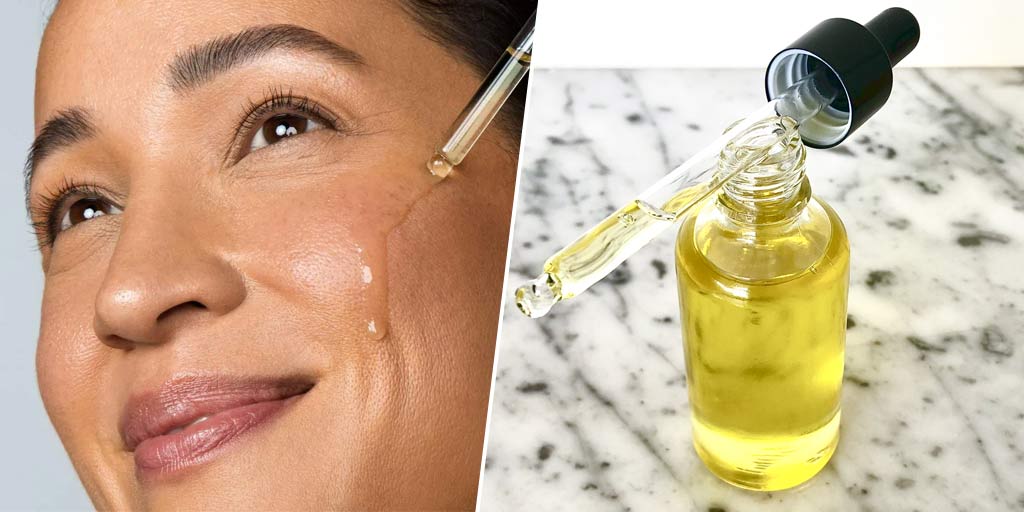WellHealthOrganic.com: Diet For Excellent Skin Care Oil is an Essential Ingredient When it comes to maintaining healthy, glowing skin, we often turn to skincare products and treatments to achieve our desired look. However, we often overlook the importance of a balanced and nutritious diet. A healthy diet can have a profound impact on our skin, helping to improve its overall health and appearance. One of the essential ingredients that our skin needs are oil. In this article, we’ll explore the role of oil in our diet for excellent skincare and how to incorporate it into our daily routine. massachusetts drug rehab

Understanding the Role of Oil in Skin Care
The human body produces natural oils, called sebum, which help to lubricate and protect our skin. Sebum is made up of a combination of fatty acids, cholesterol, and other substances that help to maintain the skin’s moisture barrier. However, sometimes our skin can become too dry or too oily, leading to a range of skin concerns, such as acne, dryness, and irritation.
While it may seem counterintuitive, adding oil to our diet can help to balance our skin’s natural oil production. Consuming foods high in essential fatty acids, such as omega-3 and omega-6, can help to improve the skin’s moisture levels and reduce inflammation.
Incorporating Oil into Your Diet
There are many types of oil that we can add to our diet to promote healthy skin. Here are a few to consider:
- Olive oil: Olive oil is an excellent source of oleic acid, a fatty acid that helps to maintain the skin’s moisture levels. It also contains polyphenols, which have antioxidant properties that help to protect the skin from free radical damage.
- Coconut oil: Coconut oil is rich in medium-chain fatty acids, which can help to improve the skin’s barrier function and reduce inflammation. It also has antibacterial properties that can help to fight acne-causing bacteria.
- Avocado oil: Avocado oil is high in vitamin E, a powerful antioxidant that helps to protect the skin from damage. It also contains oleic acid, which can help to improve the skin’s moisture levels and reduce inflammation.
- Fish oil: Fish oil is a great source of omega-3 fatty acids, which have been shown to improve skin hydration, reduce inflammation, and protect against sun damage.
- Flaxseed oil: Flaxseed oil is another excellent source of omega-3 fatty acids. It can help to reduce inflammation, improve skin hydration, and even reduce the appearance of fine lines and wrinkles.
Tips for Incorporating Oil into Your Diet
Adding oil to your diet doesn’t have to be complicated. Here are a few simple tips to help you get started:
- Use olive oil as a salad dressing or cooking oil.
- Add coconut oil to your morning smoothie or coffee.
- Use avocado oil as a cooking oil or drizzle it over roasted vegetables.
- Take a fish oil supplement or add fatty fish, such as salmon, to your diet.
- Add flaxseed oil to your morning oatmeal or smoothie.
Conclusion
Incorporating oil into your diet is an excellent way to promote healthy, glowing skin. By consuming foods high in essential fatty acids, you can help to balance your skin’s natural oil production, improve its moisture levels, and reduce inflammation. Whether you prefer olive oil, coconut oil, avocado oil, fish oil, or flaxseed oil, there are plenty of options to choose from. So why not start adding a little oil to your diet today and see the difference it can make for your skin.
